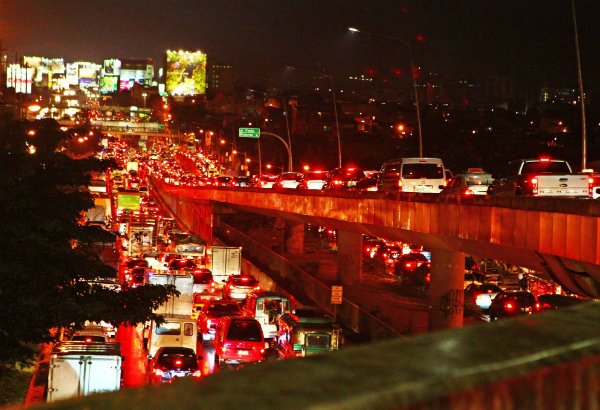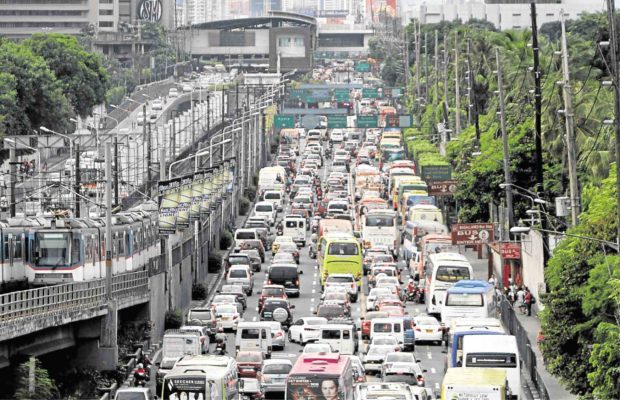
Federalism is a topic that Filipinos barely understand. Though this proposal of President Duterte meant to promise that the country will prosper and will solve our woes indicate that it cannot be assured. Then, how, and why we need Federal style form of government?
President Rodrigo Duterte promised in his campaign of fulfilling Federal form of government during or before his term ends.
Among these promises is the federal form of government, a concept that most Filipinos don't understand.
The hard reality is that, many Filipinos don't know what Federalism is all about.
Although there are indications that many wanted a new form of government thinking that it is a means of solving the woes of the country, many still do not understand the technicalities about this new concept. Filipinos just wanted it in the idea that they want new, approving things without thinking.
“They (public) really want a change and a systemic change because the people realize that they have been under a presidential system of government so they want to try something new,” Malaya said on ANC’s “Early Edition.”
He explained that a federal system of government will not solve Philippines' woes but should be seen as a path to finding solutions.
“Federalism is a means towards greater development in hoping that the said system will eradicate the chronic corruption and systems that plague poverty and stunted growth of the country. It is not the solution to all of our problems.
If approved, seen that will make Filipinos can have better access to basic services such as more schools and hospitals because of the “greater resources and political power, is the same as that with our present system that can have that power to create wider and extensive educational system in the country if only not corrupted by our elected leaders.
Under the PDP model, a dual executive setup will be applied, with the president as the head of the state, chief diplomat, and commander in chief of the military. He also has the powers to appoint members of the judiciary, Malaya said.
The prime minister will function as the head of the government, dealing with day-to-day affairs such as domestic and economic policy. He also has the function of appointing members of the Cabinet, according to Malaya.
Malaya said PDP is open to having an “optional” vice president on the condition that both president and vice president are elected from the same political party through tandem voting.
“If the people still choose that there will be a vice president and there will be an immediate replacement for the president in case something happens to the president, we are open to that,” he said.
The country’s legislature meanwhile will maintain a bicameral setup under the PDP proposal.
Malaya said under their proposal, the second chamber, or the Senate will act as a representative body of the regions with each region being accorded with around 3-7 senators.
“We also feel that we need the system to ensure that all regions in the country get senators,” he said.
The Senate, Malaya said, will maintain its traditional roles of appointing members to the Cabinet and approving treaties with other nations.
It will, however, have the added task of going through the national budget, and matters that affect the powers and finances of the regions.
The country’s national assembly will still serve as the principal legislative body of the country and would likely maintain a membership of around 300, Malaya said.
The membership will be divided between representatives of congressional districts and party-lists, Malaya said.
If implemented, Malaya estimates a 10-year transition for the country to fully adapt the federal system of government.
In the foregoing, it can be viewed that Federalism can do something as outlined by the source from the government, but in reality the contention that Federalism is the answer to our progress is the same that can be answered by the present system only when the system at the moment was not hijack by those already had seized the power and resources of the country into their hands.
Only genuine service to the people will ever make this country great and better regardless of what system is there in placed.

















